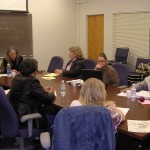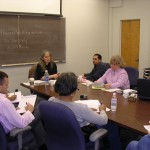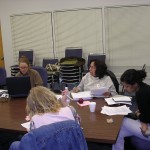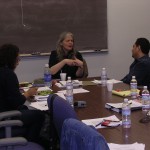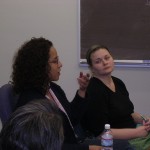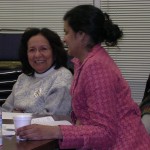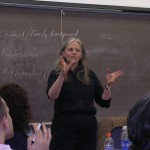Oral History Methodology Workshop
Teresa Barnett
Saturday, March 4th 2006
9:00 am – 1:30 pm
3258 Franz Hall
University of California, Los Angeles
Los Angeles, CA 90095-1563
PROGRAM
9:00 am -1:30 pm–Workshop
ABOUT THIS WORKSHOP
Oral traditions in racial/ethnic minority communities often result in many important sources of information and/or knowledge being left unrecorded. Oral history taking becomes critical to preserving everything from memories of health traditions to critical community incidents. Oral histories are often used by a variety of disciplines. The workshop promises to be an excellent opportunity for participants to increase their knowledge of how to utilize oral history methodologies in their work with racial/ethnic minority populations. The Center also looks forward to increasing the numbers of individuals who can contribute to the Katrina rebuilding efforts through the collection of oral histories from Hurricane Katrina survivors.
